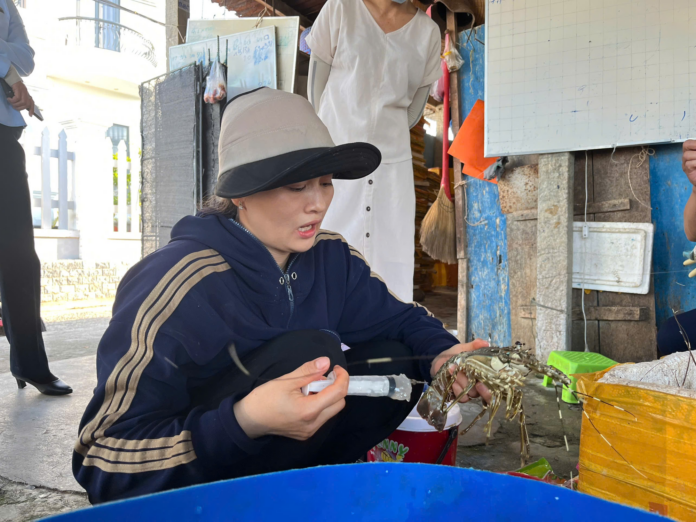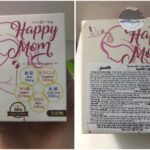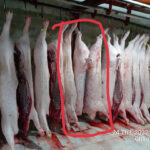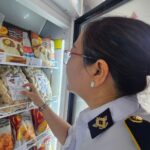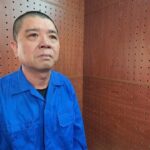The Market Management Team (QLTT) No. 4, in collaboration with the Economic Police of Phu Yen province, conducted a surprise inspection at N.T.X.’s seafood business establishment. The team discovered that the owner, N.T.X., was directly injecting agar into dead lobsters, totaling 45 kg, to increase their weight and make them appear fresh.
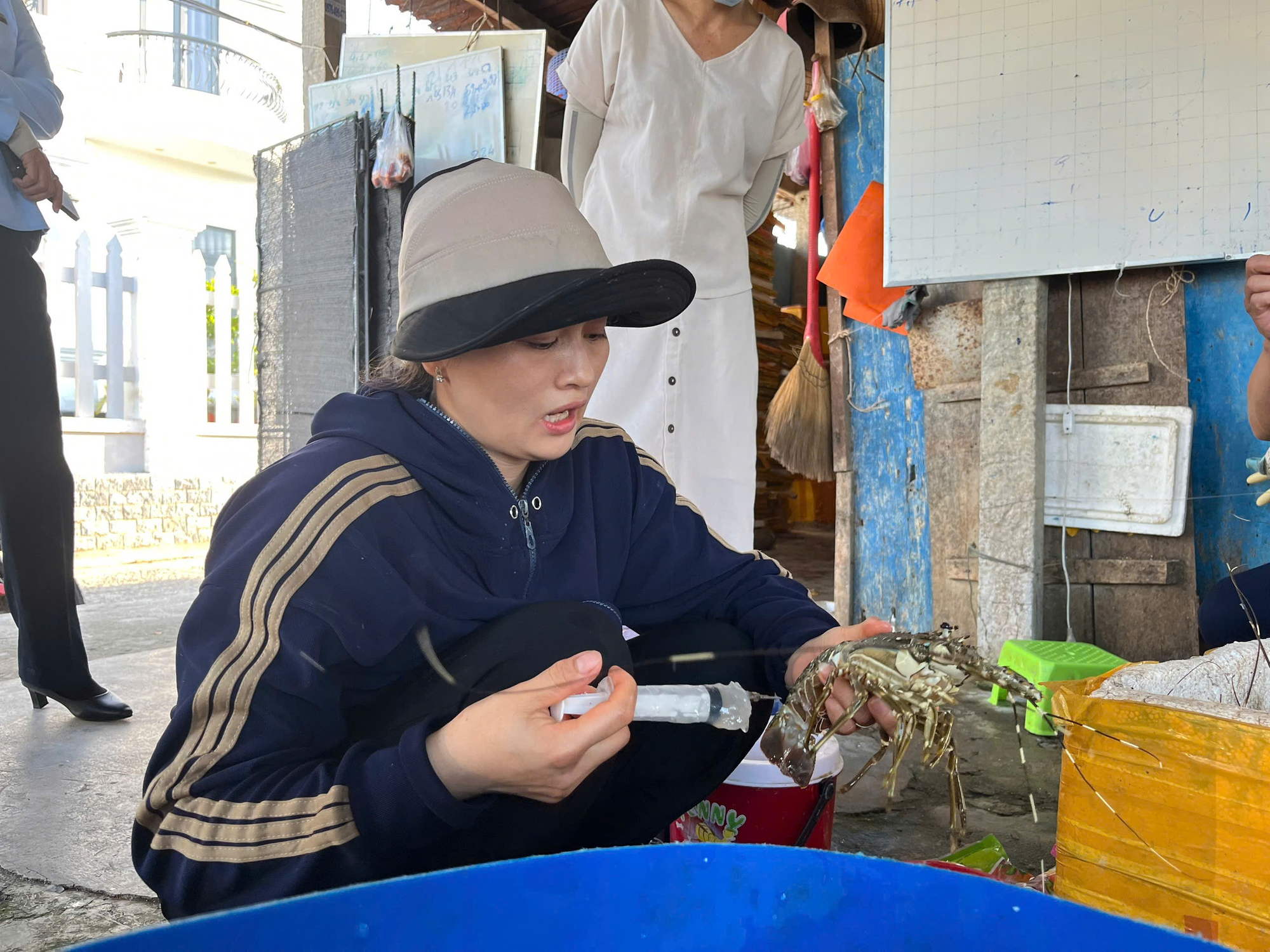
Injection of agar into dead lobsters to sell in the market
During the inspection, the authorities caught N.T.X. red-handed, using a syringe to inject agar, a gelling agent, into dead lobsters. This practice is a deceptive method to increase the weight and make the lobsters appear fresh, thus deceiving unsuspecting buyers. The total weight of the affected lobsters was 45 kg.
N.T.X. admitted to the illegal practice and confessed to purchasing dead lobsters and injecting them with agar for resale in the market. Notably, the business was operating without the required trade registration, despite legal obligations to do so.
The QLTT Team took immediate action by seizing the contaminated lobsters and transferring the case to the People’s Committee of Song Cau Town for further handling and punishment according to their jurisdiction. As a result, the People’s Committee issued a fine of VND 11,500,000 (approximately $500) to N.T.X.
Additionally, the 45 kg of contaminated lobsters, valued at approximately VND 22 million (roughly $950), were ordered to be destroyed by burial, ensuring their removal from the food supply chain. This incident serves as a stark reminder of the potential health risks and fraudulent nature of such practices.
Consumers are advised to be vigilant and choose seafood products with clear origins to protect their health and rights. By avoiding untraceable and questionable sources, individuals can safeguard themselves from dishonest traders and ensure the quality and safety of their purchases.
What Impact Did the Scandal Have on C.P. Vietnam’s Stores After Being Accused of Selling Sick Pigs?
“Sales have taken a hit at Fresh Shop in Binh Duong province, with a stark decline in purchases of C.P. Vietnam products. A staff member revealed that daily sales of C.P. goods have plummeted from a healthy 70-90 kg to a mere 20-40 kg.”
Indictment: Couple Charged with Selling Tons of Counterfeit Coffee Powder
“A devious couple devised a scheme to produce 100 kg of counterfeit coffee powder. Their recipe included a mere 3 to 9 kg of actual coffee beans, with the remainder consisting of soybeans and various additives. They roasted and ground this peculiar blend, hoping to turn a profit from their deceptive endeavor.”


























